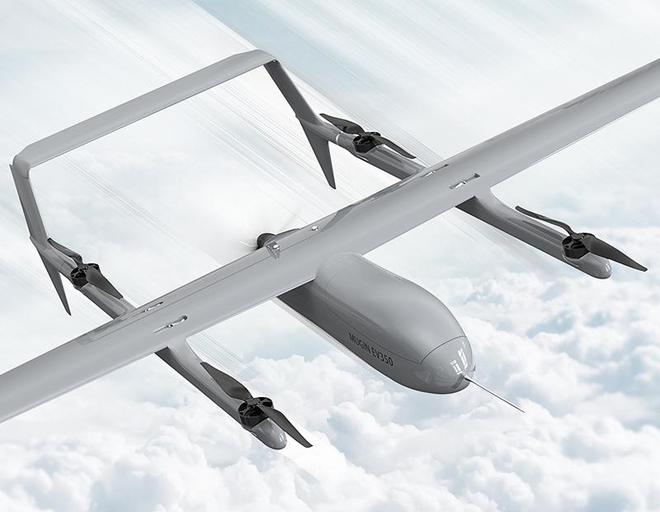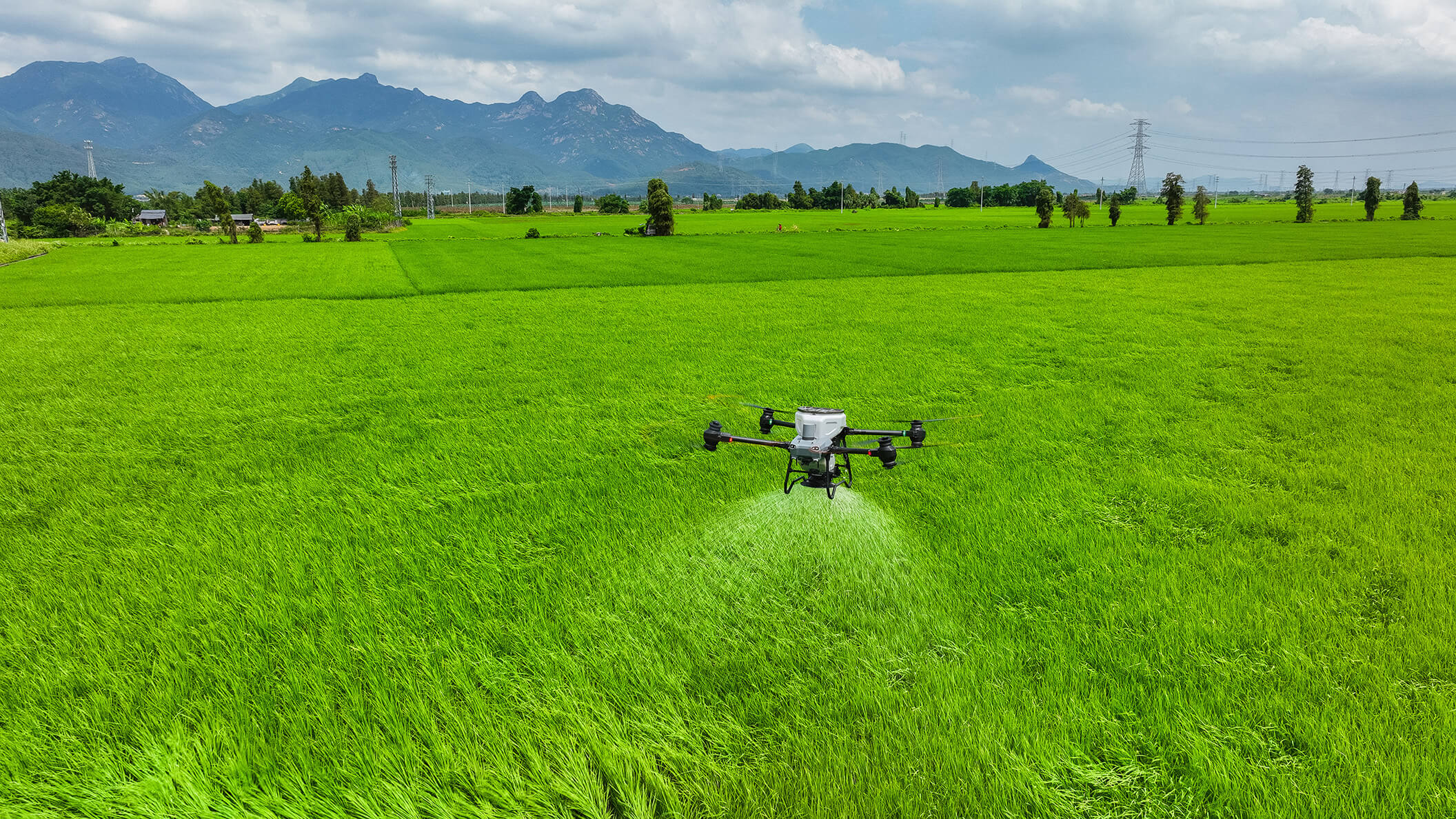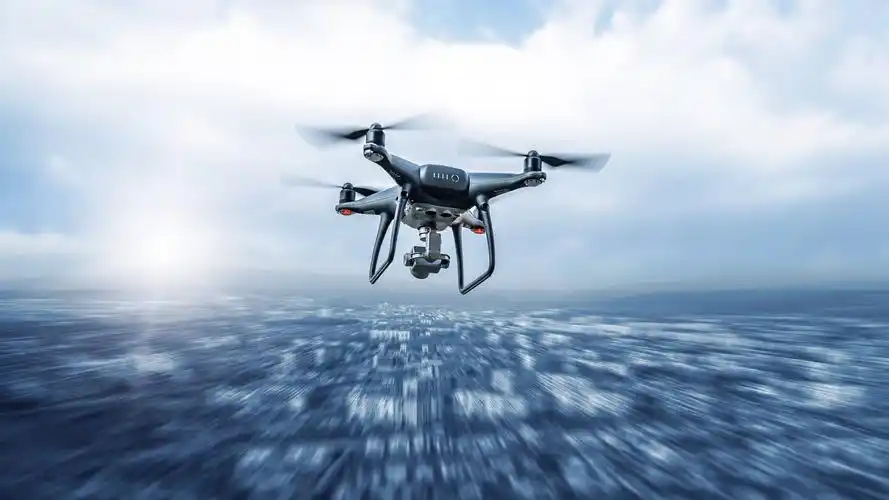
On September 9th local time, the US House of Representatives voted to pass multiple bills targeting China, including the "Countering China Drones Act," "Foreign Adversarial Communications Transparency Act," "Breaking Free from Foreign Hostile Battery Dependence Act," "Biosafety Act," and "Countering China Impact Fund Authorization Act.
Confronting the Chinese Drone Act
It is reported that the "Countering CCP Drones Act" was proposed by Republican Congressman Elise Stefanik. The bill plans to add Chinese drone manufacturer Da Jiang Innovations to the Federal Communications Commission's blacklist, prohibiting its products from operating on US communication infrastructure, but it will not prevent existing DJI drones from operating in the US.
Through this action, Congress will ensure that future versions of DJI drones cannot be imported, marketed, or sold in the United States, "said Frank Pallone, senior Democratic representative on the House Energy and Commerce Committee.
Stephanick, who proposed the bill, said the bill would protect American data and key technical facilities. Congress must use all tools at our disposal to prevent China's monopolistic control over the drone market, "she said.
DJI Innovation opposes the bill and claims that it restricts the ability of US drone operators to purchase and use equipment suitable for their work solely based on the country of origin of the equipment.
As the world's largest drone manufacturer, DJI controls over 70% of the global drone market share and has a strong technological advantage in this field. Even some relevant government departments in the United States cannot do without DJI's drones. According to a 2020 study by Bard College, all 50 state government departments in the United States are using drones, with 90% of them manufactured by DJI. According to some data, DJI drones currently hold a 58% market share in the US commercial drone market and are frequently used by US law enforcement agencies.
According to the American distributor of DJI drones, in recent years, American farmers have been steadily increasing their use of drones. By 2023, 50 crops on 3.7 million acres of farmland in 41 states will be sprayed with drones, most of which are made in DJI, China.
In addition to DJI, the US Department of Commerce also blacklisted another Chinese drone manufacturer, Autel Robotics, in June this year, prohibiting US companies from doing business with it.
In addition, on September 6th of this year, more than ten US congressmen jointly sent a letter to the US Department of Agriculture and the Cybersecurity and Infrastructure Security Agency (CISA), urging the administration to take action to address the security issues of Chinese made agricultural drones. The joint letter pointed out: "The risk of Dajiang agricultural spray UAVs being manipulated to launch attacks in the United States cannot be ignored."
It should be pointed out that although the US Senate has passed the "Counter China Drone Act", the bill still needs to be approved by the US Senate and signed by the President before it can become law.
On July 10th of this year, the US Senate Armed Services Committee (SASC) released the full text of its 2025 National Defense Authorization Act (NDAA) marked version, which did not include a clause prohibiting the sale of drones from China's DJI company in the United States.
This also means that the bill banning the sale of DJI's innovative drone products in the United States may not ultimately become law.
Foreign Counterparty Communications Transparency Act
The Foreign Adversarial Communications Transparency Act proposed by Stephen Nick also received unanimous approval from the United States House of Representatives. She pointed out that the bill requires the Federal Communications Commission to disclose companies held by governments such as China, Iran, and Russia that have obtained federal authorization, with the aim of understanding the extent to which these countries infiltrate the US technology field.
Breaking away from foreign hostile battery dependence laws
The US House of Representatives has unanimously passed the Decoupling from Foreign Adversarial Battery Dependence Act, which will prohibit the US Department of Homeland Security from purchasing batteries from six Chinese battery manufacturing companies, including CATL, Guoxuan High Tech, BYD, Yuanjing Energy, EVE Energy, and Haichen Energy Storage.
Republican Federal Congressman Carlos Gimenez pointed out that the United States only realized too late the potential national security risks of purchasing batteries from China. This bill represents the determination of the United States to "decouple" from China and develop key raw materials such as the US battery supply chain.
The US House of Representatives is also expected to vote later this week to further tighten the ban on tax credits for electric vehicles containing Chinese components. The new regulations that came into effect in January this year limit the content of Chinese components in batteries eligible for tax credits for electric vehicles. The new bill in the House of Representatives will make these restrictions even stricter.
According to data from market research firm SNE Research, among the top ten companies in terms of global installed power battery capacity from January to November 2023, China's CATL ranked first with a market share of up to 37.4%; BYD ranks second with a market share of 15.7%; China Innovation Airlines ranks sixth with a market share of 4.7%; Guoxuan High Tech ranks seventh with a market share of 2.4%; EVE Energy ranks ninth with a market share of 2.1%; Funeng Technology ranks tenth with a market share of 1.4%. These six Chinese battery manufacturing companies have a combined market share of 63.7%. Among them, the combined market share of two Chinese enterprises, CATL and BYD, has already exceeded half, reaching 53.1%.
Obviously, Chinese manufacturers still have an absolute advantage in the field of power batteries required for electric vehicles, which has also caused anxiety and unease in the United States.
Biosafety Act
The US House of Representatives also voted 306 to 81 to pass the Biosafety Act, which named five Chinese biotech companies, including WuXi AppTec and BGI, and stated that due to national security reasons, it prohibits US federal government agencies from purchasing products from them and also prohibits providing funds to US companies they have business dealings with.
James Comer, the chairman of the House Oversight Committee and a Republican, stated in the meeting that the companies mentioned in the bill pose significant risks to US national security. WuXi AppTec and the bill mention two other subsidiaries that have partnered with the government to establish a genetic testing center to assist China in military research, while questioning their theft of American intellectual property.
Authorization Act for the Anti China Impact Fund
The US House of Representatives overwhelmingly passed the "Countering the PRC Malign Influence Fund Authorization Act" with 351 votes to 36. According to the bill, the State Council has established an annual budget of 325 million US dollars fund to counter China's malicious actions that undermine US national security and affect American society.




